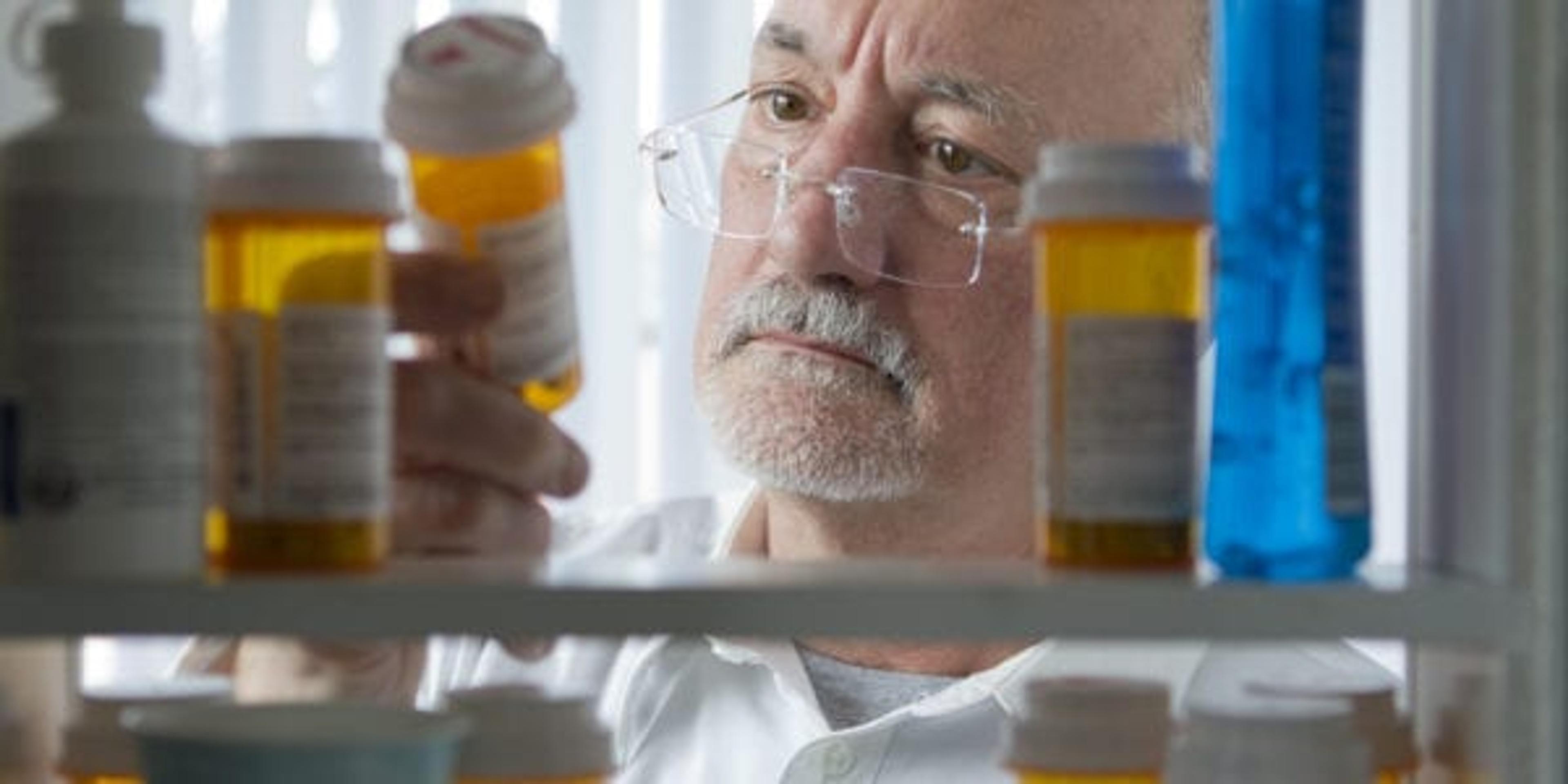A Guide to National Prescription Drug Take Back Day
| 3 min read

Illegal drug abuse gets a lot of attention, but rates of prescription drug abuse are also alarmingly high.
According to the 2019 National Survey on Drug Use and Health, 9.7 million Americans misused controlled prescription drugs. Even more shocking, many people are getting their pills through friends or relatives, often by going to the family medicine cabinet.
To counteract drug misuse, the U.S. Drug Enforcement Administration created National Prescription Drug Take Back Day in 2010. The idea: Offer a safe and anonymous way for people to get rid of expired or unwanted medications. The program has led to the collection of more than 13.6 million pounds of prescription drugs nationally since its start – that’s about 6,800 tons of pills.
As the state’s largest health insurers, Blue Cross Blue Shield of Michigan and Blue Care Network are committed to improving the value and quality of life in communities across Michigan. As a part of this commitment, BCBSM and BCN have supported the DEA’s Drug Take-Back Day since 2011. Learn below how you can participate in National Prescription Drug Take Back Day, happening this spring on Saturday, April 24, 2021.
How can I get involved?
The DEA’s National Prescription Drug Take Back Day takes place nationally every fall and spring. All you need to do is take your unused or expired prescriptions to one of the designated drop-off locations throughout Michigan.
The DEA’s National Prescription Drug Take Back Day takes place nationally every fall and spring. All you need to do is take your unused or expired prescriptions to one of the designated drop-off locations throughout Michigan.
If the COVID-19 pandemic makes it difficult for you to participate, learn more about how to safely dispose of your medication at home or find a collection site that operates year-round.
When does it take place?
The DEA will hold the spring National Prescription Drug Take Back Day on Saturday, April 24, 2021, beginning at 10 a.m.
The DEA will hold the spring National Prescription Drug Take Back Day on Saturday, April 24, 2021, beginning at 10 a.m.
Why drop off my prescription drugs? Can’t I just throw them away?
Unused prescription drugs thrown in the trash can be retrieved and abused or illegally sold. And unused drugs that are flushed down the toilet contaminate the water supply. Proper disposal of unused drugs saves lives and protects the environment.
Unused prescription drugs thrown in the trash can be retrieved and abused or illegally sold. And unused drugs that are flushed down the toilet contaminate the water supply. Proper disposal of unused drugs saves lives and protects the environment.
Why not hold on to the medicine in case I need it in the future?
Keeping your home free of expired and unwanted prescription medicine — and locking up the ones you keep — reduces the potential of prescription drug abuse within your home. One in three high school seniors said that prescription opioids were easily available in a 2018 survey. The same goes for expired and unwanted over-the-counter medication.
Keeping your home free of expired and unwanted prescription medicine — and locking up the ones you keep — reduces the potential of prescription drug abuse within your home. One in three high school seniors said that prescription opioids were easily available in a 2018 survey. The same goes for expired and unwanted over-the-counter medication.
Substance use disorder doesn’t discriminate based on your social, racial or educational status. It doesn’t care how much money you make or what ZIP code you live in.
Related:
Photo credit: Burlingham





